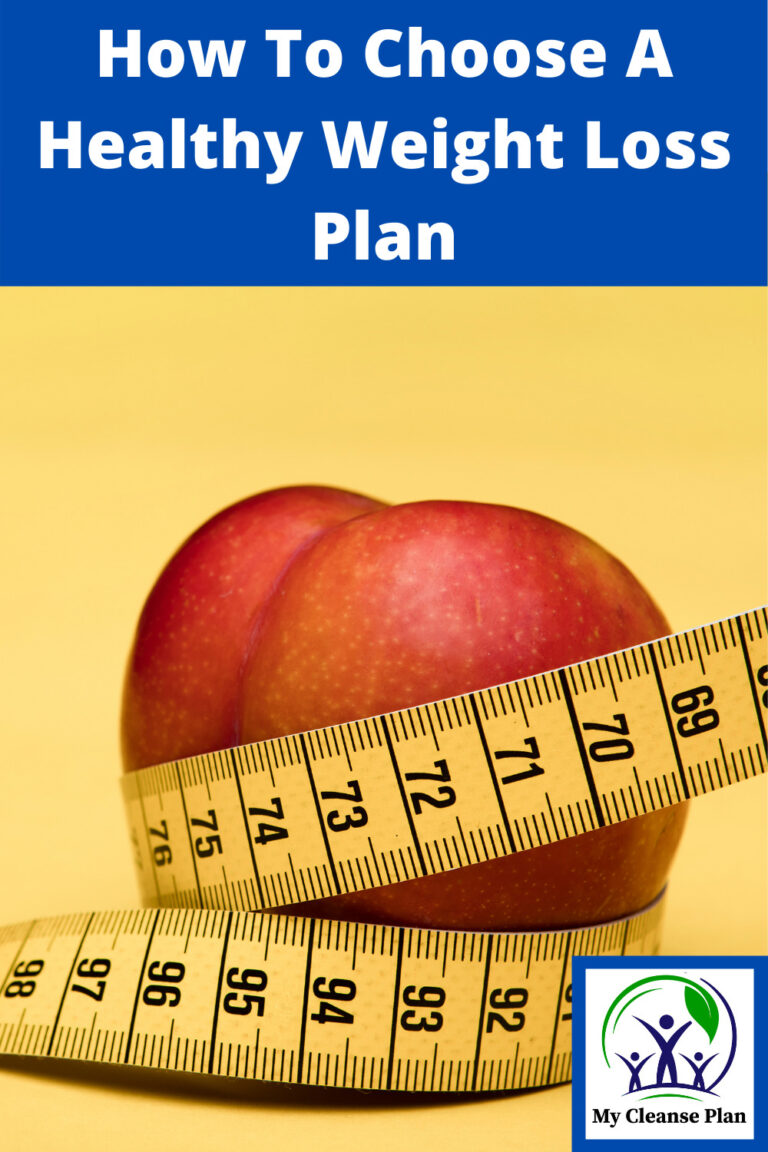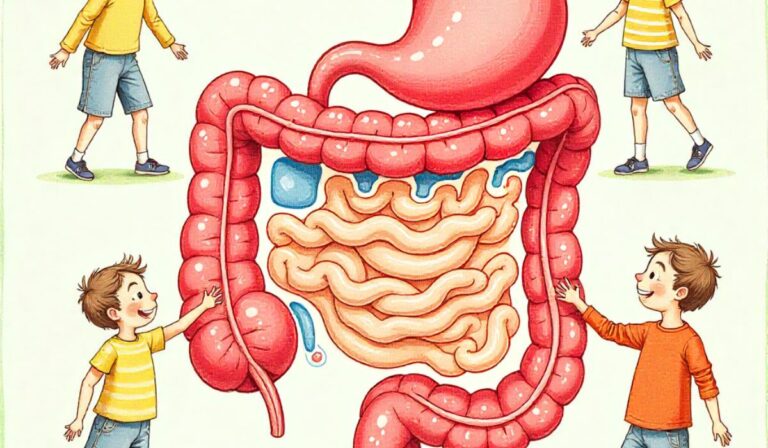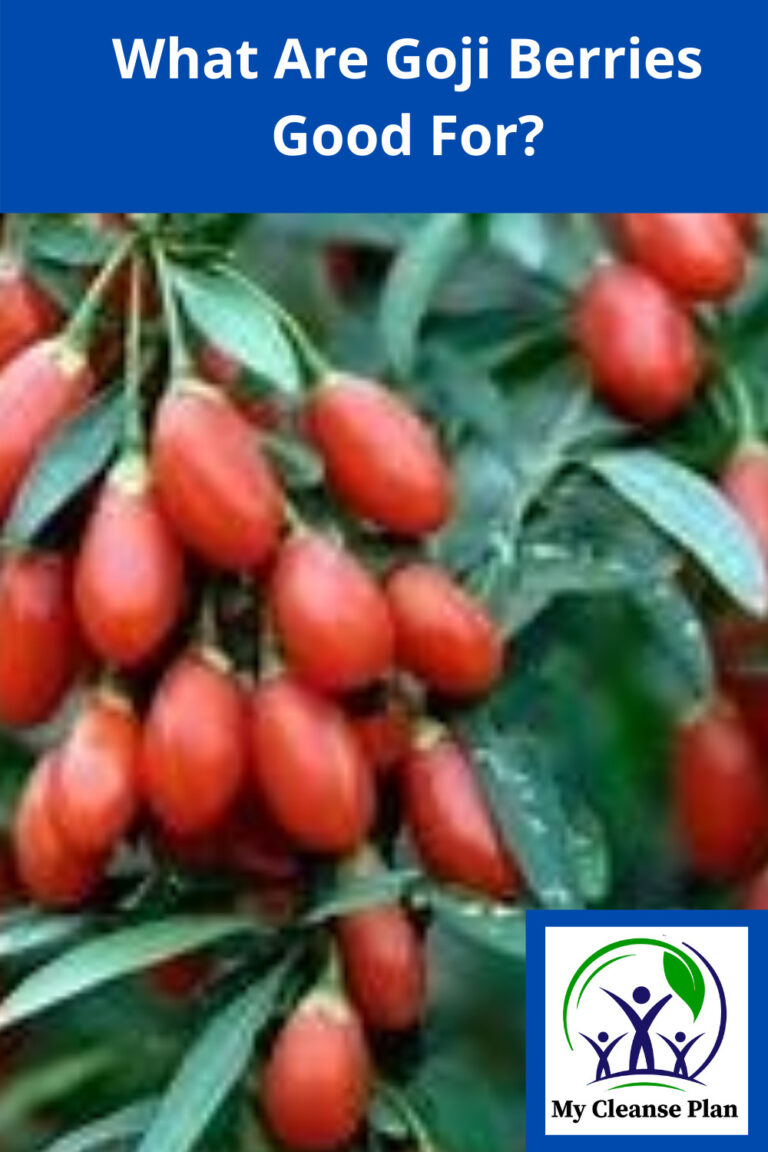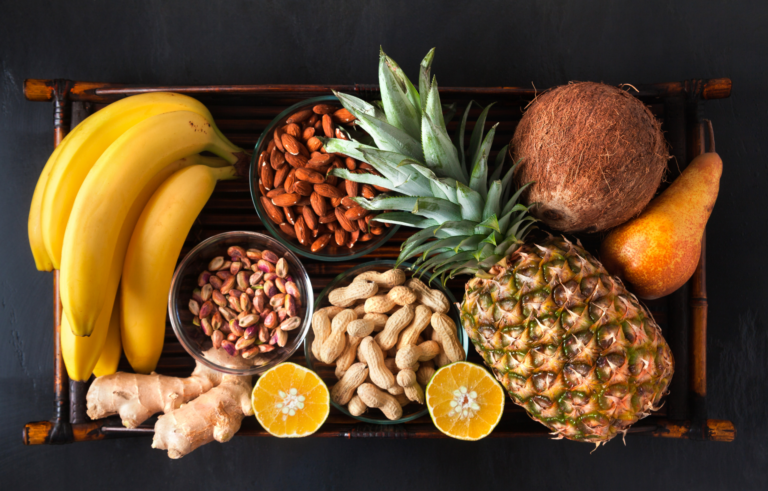What Makes Nutrient Dense Foods Good For Us
What Are Nutrient Dense Foods
It’s really difficult for some dieters to understand what really nutrient-dense food is.
This term may seem a bit confusing for some people. Let’s make it easy by stating the core definition of nutrients dense food. Nutrients dense foods are referred to foods that are rich in nutrients but low in calories. That’s it.
A nutrient-dense food offers a plethora of nutrients for a little calorie. A term that is used in the book – “Eat to Live” will make it easier to understand the real concept of nutrients dense food.
In that book, the author Dr. Joel Fuhrman used the term “nutritarian” to mention the dieters who include nutrients dense food in their diet list.
Nutritarian is referred to the dieter who consumes foods based on the micronutrient per calorie content. To make it clearer, here is an example:
Sweet potato is a healthier alternative to white bread. What’s the reason?
It’s because sweet potato offers more nutrients per calorie than white bread does. So, obviously, as per the definition Sweet potato is a nutrient-dense food.
Why Should You Choose Nutrient-Dense Foods Over High-Calorie Foods
Suppose, you are feeling hungry and you have only two options from which you have to eat.
The first one is an apple and the other one is a glazed donut. These are pretty much the same in size. Now, which one should you choose to deal with your hunger?
Apple or donut?
The apple has 80 calories and lots of vitamins, minerals, and fiber in it. On the other hand, the donut has more than 200 calories.
But it does not have nutrients like the apple. As a result, after eating the first donut, you will be craving to eat another one. Perhaps, it will lead you to eat the third one as well.
Though it tastes good, your body will have to pay a significant price to satisfy your gratification.
That’s why choosing an apple for mitigating your hunger is not only an optimal solution but also good for your health. Consuming too much high-calorie food may lead to obesity.
And who does not know that obesity is liable for many dangerous diseases?
Top Highly Nutrient-Dense Foods:
As we can see, consuming nutrient-rich foods makes a heck of a difference, your goal should be eating this type of food to maximize the number of nutrients in comparison with calories.
The list below can help you find the best nutrient-rich foods out of thousands.
Let’s dig in.
Kale:
Kale is considered to be the king of all leafy greens.
Vitamins, fiber, minerals, antioxidants- in short, Kale is loaded with almost all types of micronutrients.
16 grams of kale offer provide 0.6 g of fiber which helps in preventing type-2 diabetes. The presence of potassium, vitamin B6, and vitamin C makes Kale super effective against any type of heart disease.
Increasing potassium intake is recommended to reduce cardiovascular disease. Chlorophyll of Kale can help in preventing cancer.
Garlic:
Garlic is both delicious and nutritious. This magnificent ingredient is high in vitamin C, vitamin B1, vitamin B6, manganese, copper, calcium, potassium, and selenium.
The most interesting part is after cutting and chopping, allicin which is known for its unstable state can be found in garlic. Not only allicin; Sulfur compounds are also formed when a garlic clove is chopped.
Garlic is very effective against the common cold and flu. It can combat high blood pressure as well.
The supplements of garlic can reduce the LDL cholesterol level of your body which results in lowering the risk of heart disease.
Potatoes:
Potatoes contain a good amount of potassium, iron, calcium, and phosphorus.
Potassium is beneficial to the skin. The presence of vitamin C in potatoes makes it inevitable for scurvy, gum diseases, and anemia. 100 grams of potatoes contain a minimum of 17 mg of vitamin C.
There is a misconception among some dieters that potatoes make people fatty. In reality, it’s a myth. Though potato looks huge, 70% of it is water. And water cannot make you fat, can it?
Potatoes are very effective against inflammation. Vitamin C, potassium and vitamin B6 play an important role to reduce inflammation. Since potato is easy to digest, it can also combat diarrhea very effectively.
Blueberry:
Blueberries are both sweet and nutritious.
These are extremely lower in calories. Blueberry is wildly popular for its taste. 148 grams of blueberries provide 4 grams of fiber. Almost 85% of it is water. That’s why an entire cup (148 grams) of blueberries contains 84 calories.
Blueberries are considered to be the king of antioxidant foods. Antioxidants are a good anti-aging component that combats dead cells as well as cancer cells.
Blueberries reduce DNA damage. This is how they protect your skin from losing its glow.
Blueberries also lower your blood pressure.
Spinach:
Spinach is a fresh leafy green that is high in vitamin K. 100 grams of spinach contains only 23 calories. But it offers a variety of nutrients. That’s why it has occupied a place on this list.
Spinach is packed with vitamin C, potassium, calcium, vitamin E, Vitamin b6, folate, and manganese.
According to the USDA, 100 grams of spinach contains 28.1 micrograms of vitamin C. So, for those who have been suffering from vitamin C deficiency, Spinach would be the best pick for them. Spinach is a great source of iron as well.
This green leaf is conducive to preventing cancer and diabetes. It also plays an important role in fighting asthma.
Liver
The liver is one of the most nutrient-dense foods that you should incorporate into your diet. A 100-gram portion of beef liver consists of vitamin B12, vitamin B5, B6, and folate. It even contains copper, iron, zinc phosphorous, selenium, and high-quality animal protein.
On the other hand, the liver is even good for patients who are suffering from anemia. If you consume the liver only once a week it will grant you a sufficient amount of essential nutrients.
Can Multivitamins Replace Nutrient Dense Foods
For centuries, people have been encouraged to take multivitamins as a supplement to recover from the deficiency of nutrients. Statistics show that about one-third of Americans take a daily multivitamin.
But the question is – can multivitamins play the role as effectively as nutrient-dense foods?
The truth is supplemental nutrients are no good in comparison to nutrients that we acquire from food. The scary part is, a large dose of multivitamins can lead to oxidative stress and inflammation.
Foods That Are Not Nutrient Dense
French fries and sodas are not the only foods that have poor nutrient density.
You can even encounter that there are even foods that look rich in quality but they lack nutrition. Not all natural foods are nutrient dense. Some foods might look healthy but the opposite is true.
Plums:
Plums were once on the list of nutrient-dense foods with 46 calories per 3.6 oz. of serving. But it could not stay on the list because it has fewer nutrients compared to others on the list.
Moreover, you can get 16 percent of your daily vitamin C from 100 grams severing of plum but compared to others it is comparatively less. However, we do not discourage you to snack on a plum as it is a very delicious and healthy food.
Avocado:
Yes, even avocado is on the list. Consuming 100 grams of avocado will give you a quarter of your daily vitamin K. On the other hand, a fifth of the folate and a small proportion of other nutrients.
But when you compare it to spinach and kale, it is nowhere close to them. You can consume avocado every day however, it is not considered to be a nutrient-dense food.
Thoughts About Nutrient-Dense Food
If you want to lead a healthy and fit life, then nutrient-dense food is really the best option that you can go for. It is real and unprocessed food where there are no chemicals and synthetic ingredients.
They are rich in vitamins, minerals, antioxidants, and fiber. On the other hand, they are low in calories.
So if you are thinking about staying fit and living a long healthy life then switch to foods that are dense in nutrients.
Explore Also:
Creativehouseblog
Dietsheriff
Gigasecurehome
Final Thoughts
This should give you a better understanding of what nutrient-dense food is and why some are on the list and others are not.
This is not to deter you from eating your favorite foods, I am simply providing you with some information to make better choices when it comes to what you put into your body.
You can ignore this if you want, or better yet, do additional research and see what you find out.
Please leave any questions or comments below and thank you for reading.






![Intermittent Fasting & Gut Health Explore the Benefits and Risks[1]](https://mycleanseplan.com/wp-content/uploads/2025/10/Intermittent_Fasting__Gut_Health__Explore_the_Benefits_and_Risks1-768x448.jpg)





I think we definitely have a problem with how many people are taking multivitamins thinking it gives them a free pass to eat however they want
You’re right. I thought the same thing at times. We should be able to get all the vitamins and minerals we need from the foods we eat, but sometimes a multivitamin can help bridge the gap in what we need and what we eat.
Each of us need to take a look at our own needs and then select a vitamin that helps support the lifestyle we live.